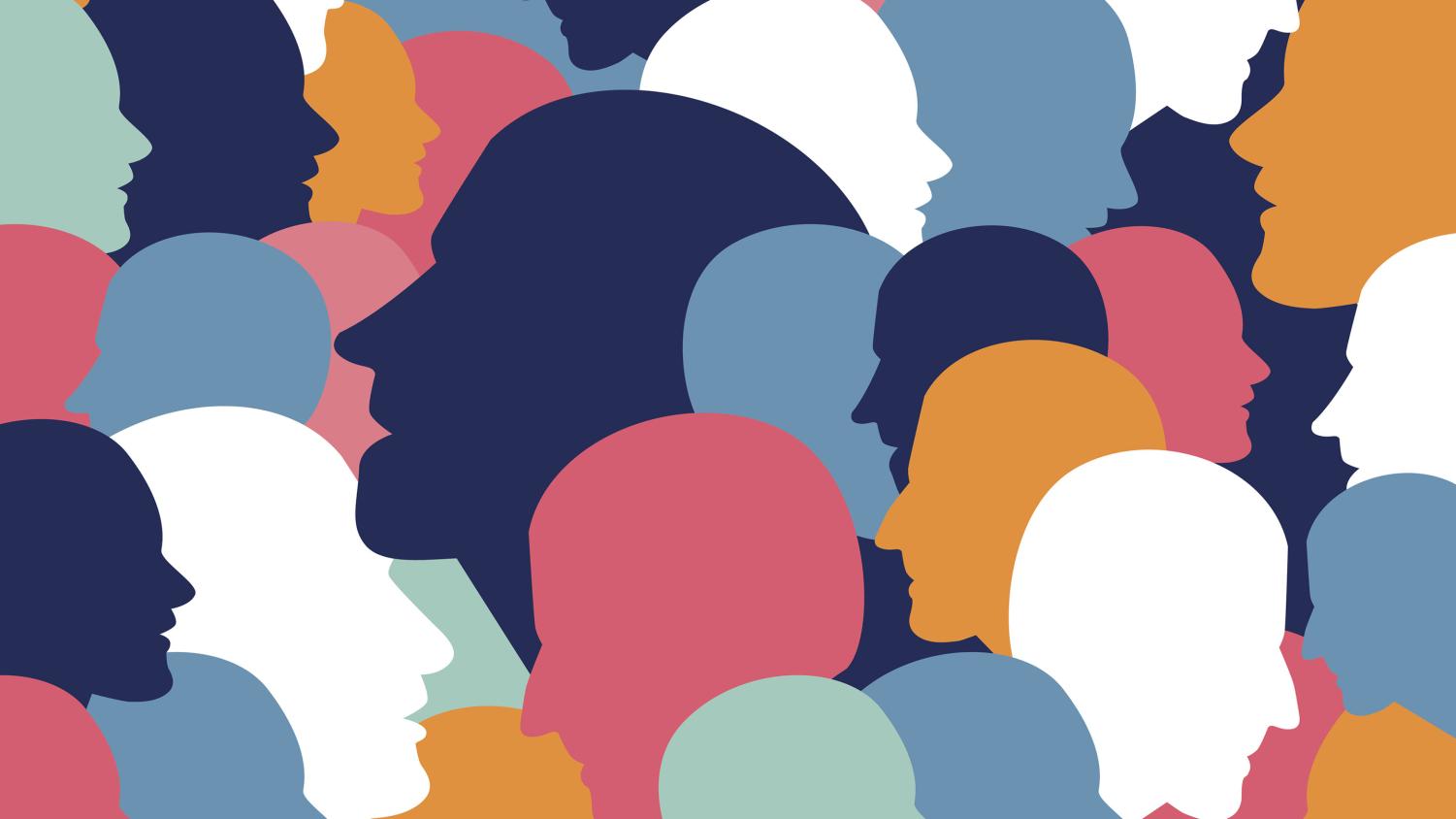Mental health struggles affect everyone
January 22, 2023
When talking about mental health struggles, sometimes people tend to forget that there’s no certain age that is immune to struggling – it affects everyone.
“Experiences of trauma are the highest percentage of folks that we serve here at SIU but also really represents a high population in the broader community as well,” Abigail Bilderback, director of Counseling and Psychological services (CAPS) at SIU, said.
As a society, we tend to focus on the teenagers/young adults struggling with mental health, but the older generation’s mental struggles are oftentimes not talked about enough.
Advertisement
Bilderback named intersectionality and intersecting identities as other factors that contribute to mental health discussions and stigma. Even ways “family members or even community members have talked about or not talked about mental health growing up,” Bilderback said.
It’s important to focus on the older generations especially because certain personality disorders may not show symptoms until over the age of 18 as well as certain symptoms need to show for a certain amount of time in order to make a correct diagnosis, Bilderback said.
“For example, first onset of psychosis for psychotic disorders such as schizophrenia are often in early to mid 20s,” she said.
Generational differences such as what kind of stage of development you’re at in life, your age and different relationships with families can definitely affect the support resources and access to treatment for mental health struggles, Bilderback said.
“For folks that are a little older, you know, again, you have a little bit more autonomy, however, there still are lots of barriers to accessing care, especially for mental health services for folks, you know, that are adults and so that might be you know, the cost of treatment, it might be the ability to get yourself transported to a treatment facility,” Bilderback said.
A few examples of barriers for older people struggling to get the help they need include having to wait on waitlists to get the treatment they need and generational differences in which some people can’t recognize or identify what they’re experiencing, she said.
A few of the diagnoses that have been related to trauma include PTSD, mood disorders like depression/anxiety and personality disorders, Bilderback said.
Advertisement*
“And I think that I would be remiss not to mention intersectionality right now, as we talk about, you know, different generations and age differences,” Bilderback said.
A few reasons the older generation doesn’t talk as much about mental health struggles are that they were taught to believe it’s a private issue, so they don’t want to look for support or burden anyone. Some people just don’t have access to care, and some people simply don’t trust the support systems, she said.
Bilderback encourages anyone who is struggling or knows someone who is struggling to call the Suicide and Crisis Lifeline at 9-8-8. The hotline is available 24/7, nationally, she said. (See story page __)
If you feel like you may be struggling, but need help figuring out what’s wrong, you can talk with mental health providers, friends, family members, doctors, even church leaders if you choose, Bilderback said.
“There’s lots of different resources that folks can rely on,” Bilderback said.
News Reporter Carolyn Dickte can be reached at [email protected]. To stay up to date with all your southern Illinois news, follow the Daily Egyptian on Facebook and Twitter
Tags: SIU, saluki, Abigail Bilderback, CAPS, National Suicide Hotline
Advertisement


